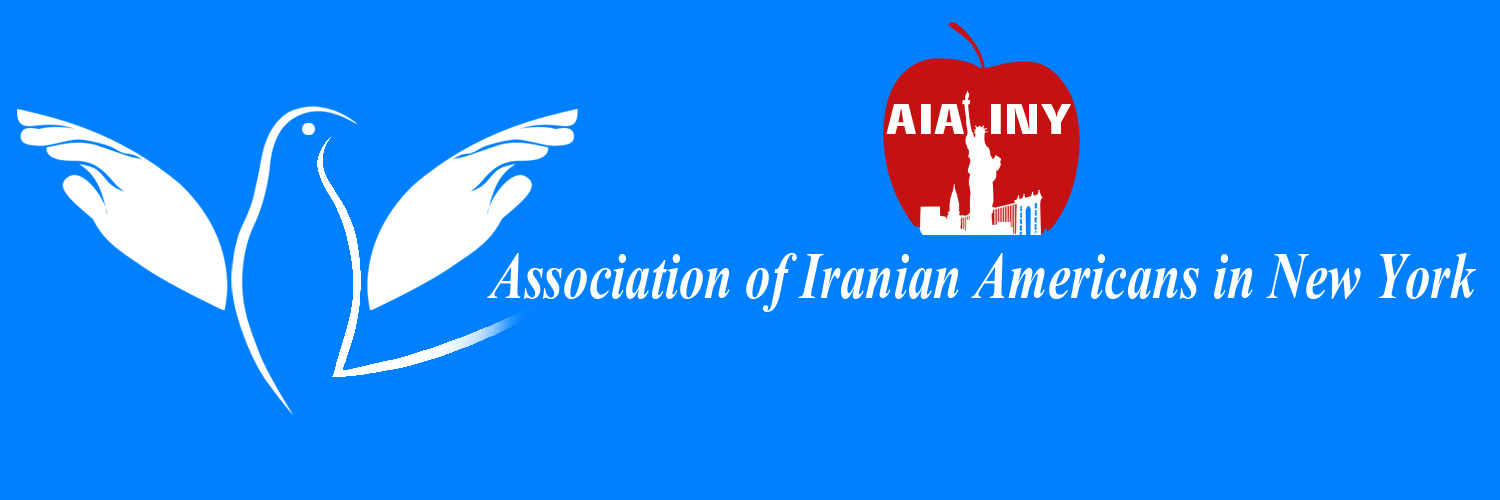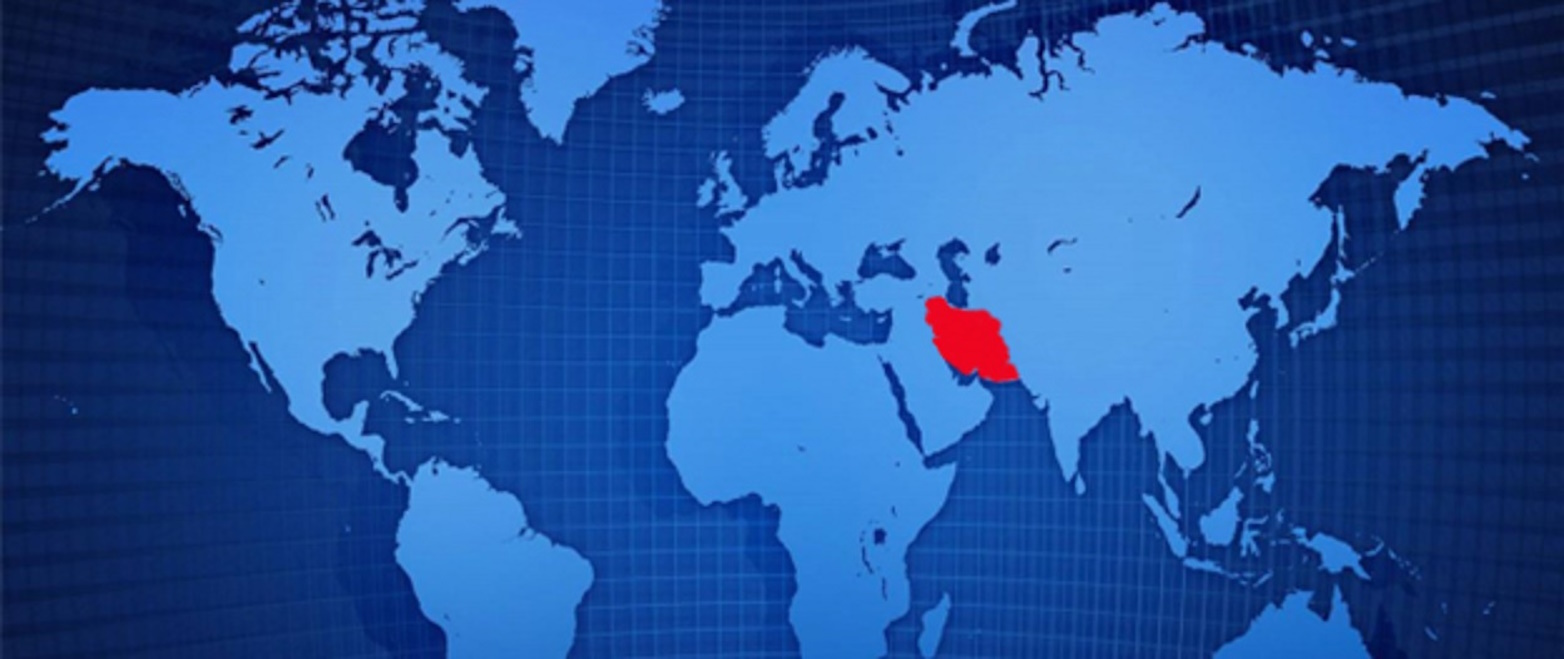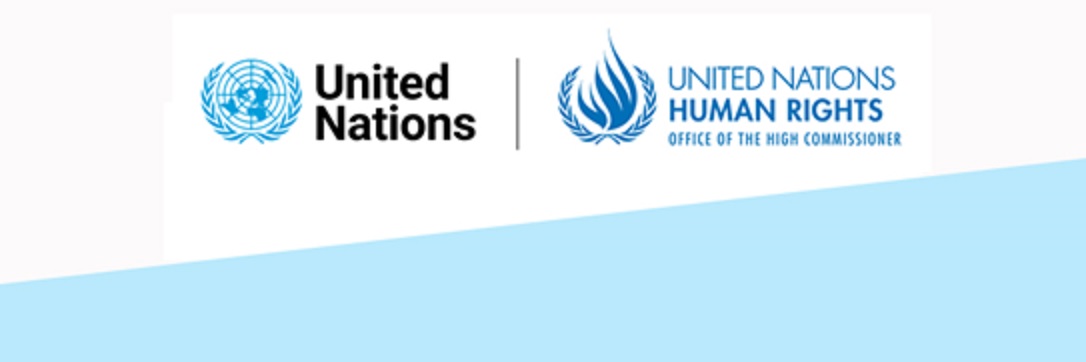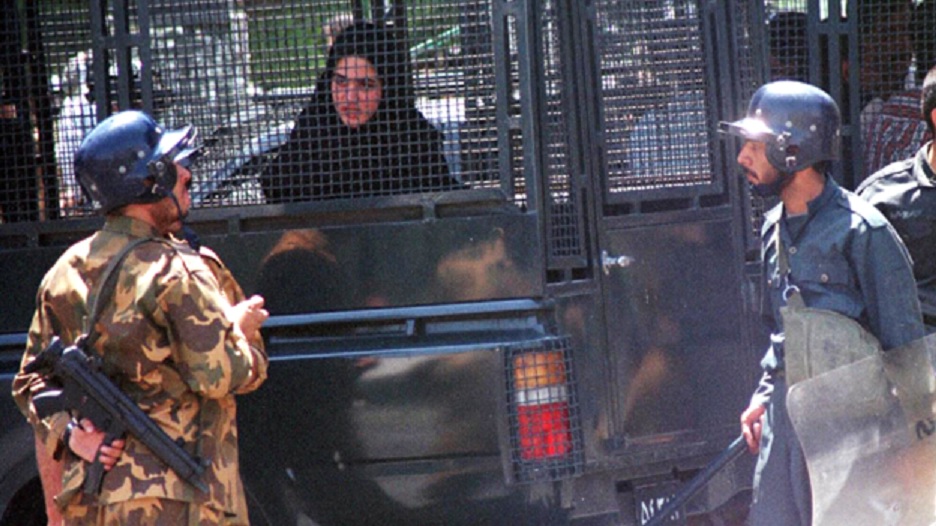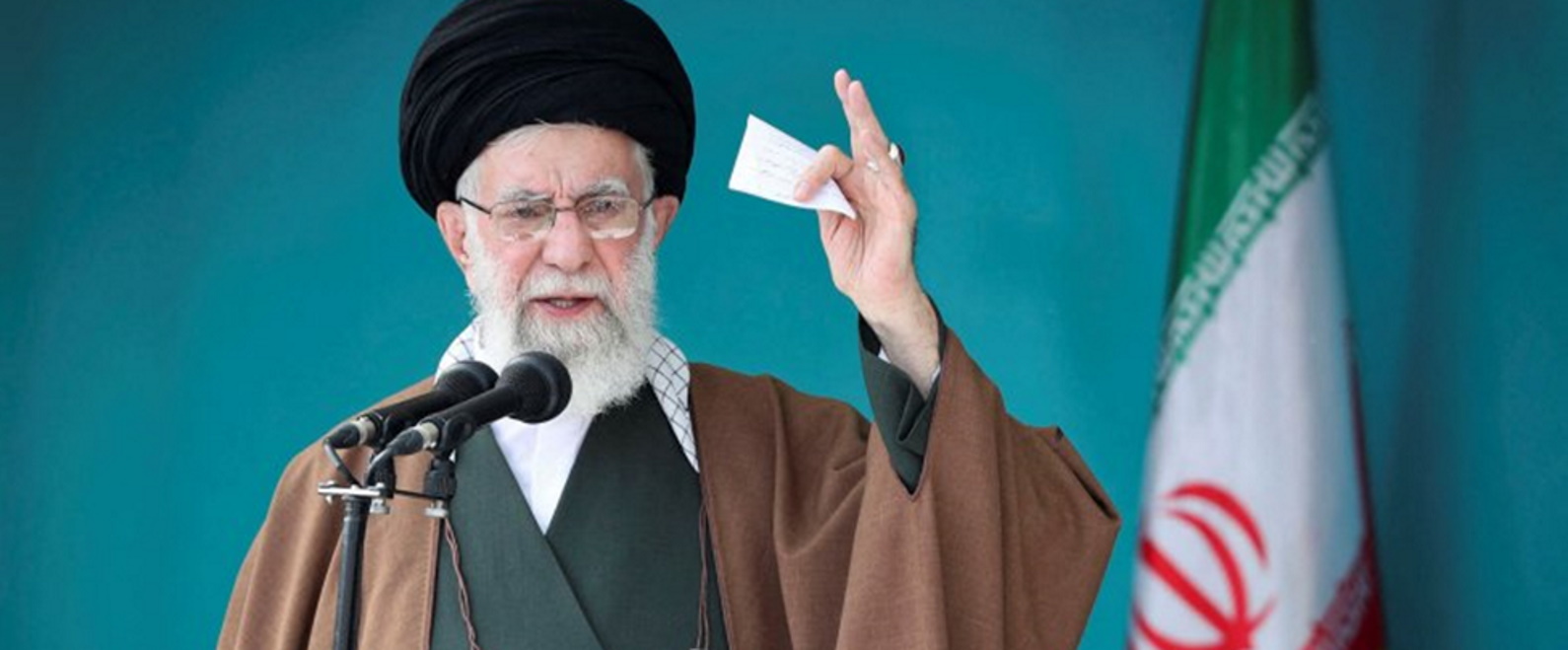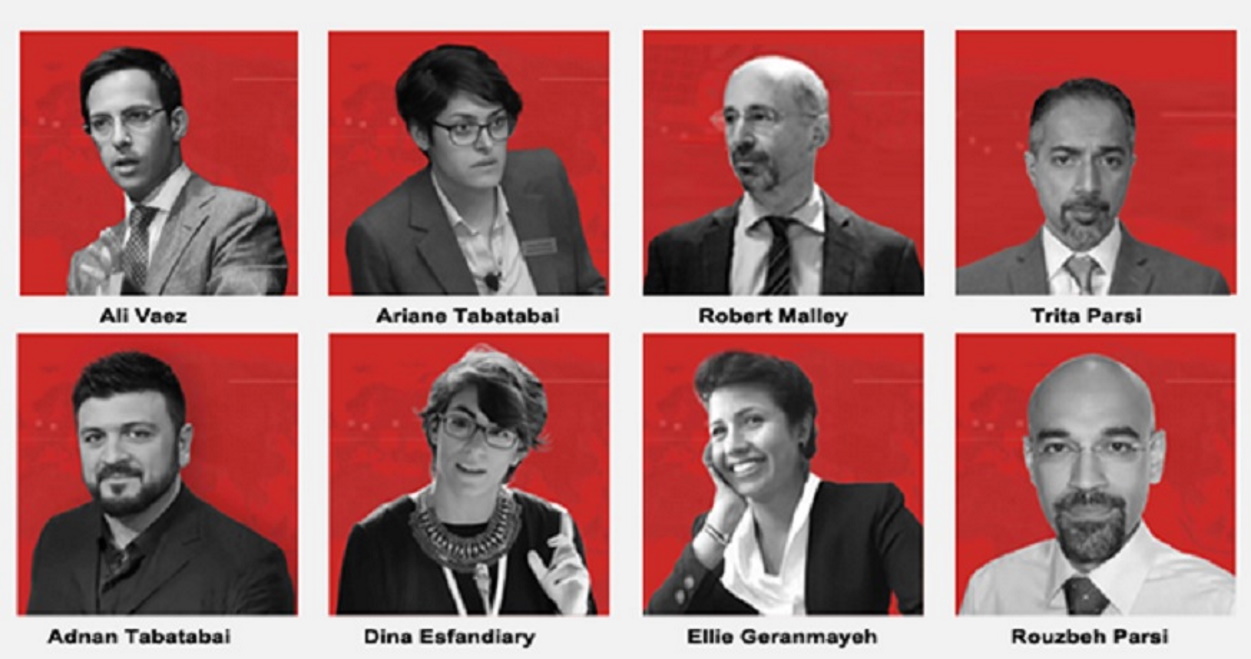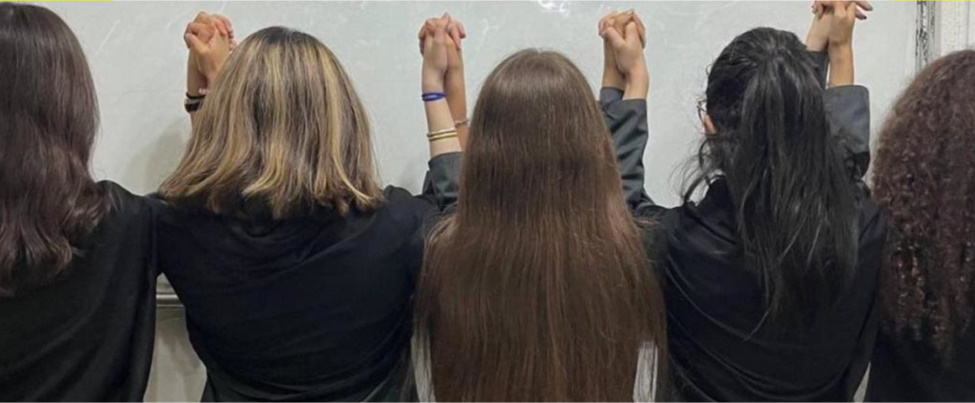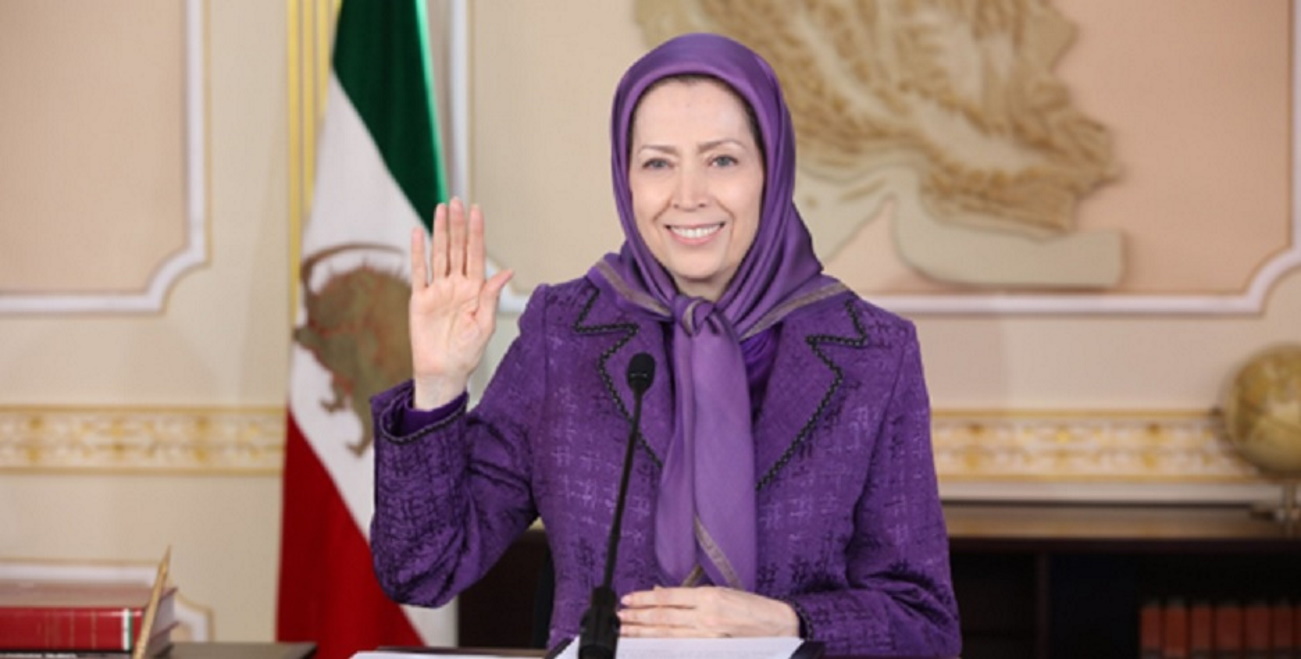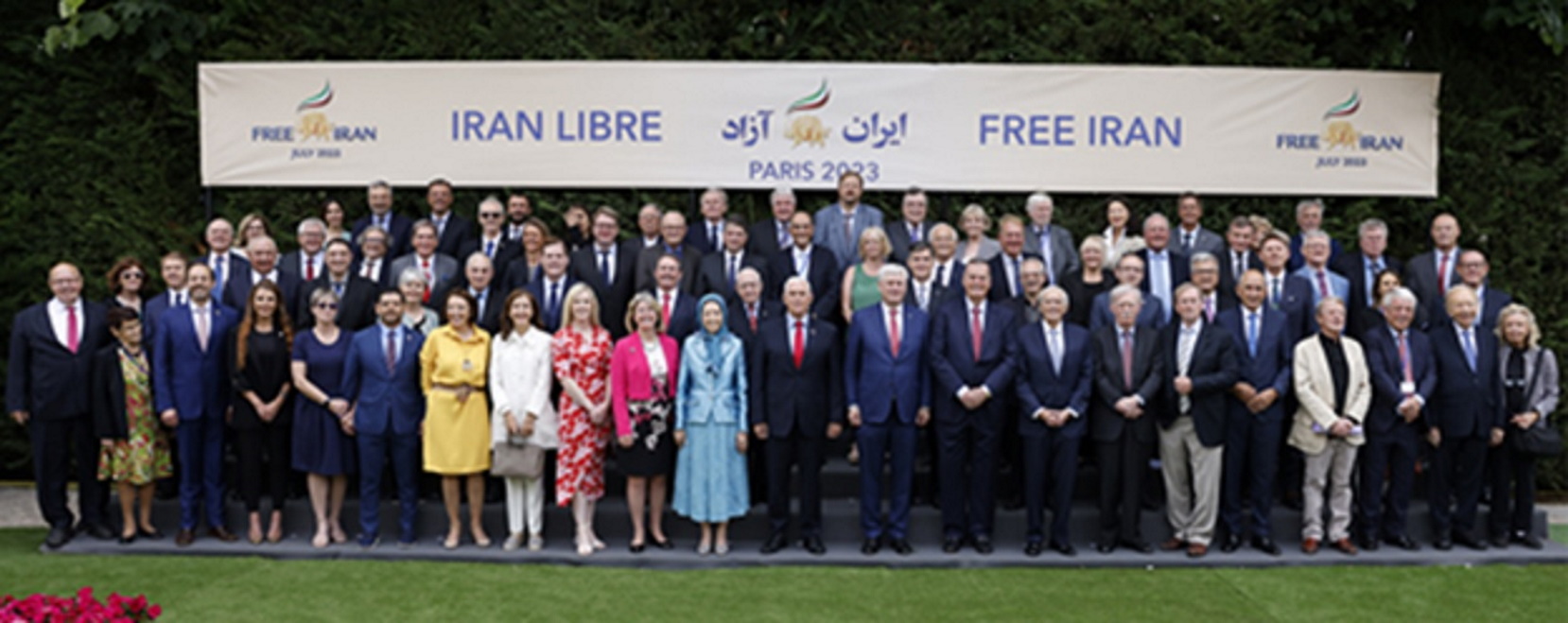Iran’s illusion of reform masks the crumbling of Khamenei’s regime
THE HILL | BY RAMESH SEPEHRRAD | July 14, 2024
The recent presidential election in Iran, marked by historically low voter turnout and pervasive public rejection, underscores the profound disillusionment and frustration coursing through society.
Masoud Pezeshkian, while touted by some as a reformist, epitomizes the paradox of Tehran’s politics, where the facade of change masks a deeply entrenched crisis of survival. Supreme Leader Ali Khamenei’s increasingly tenuous grip on power is evident as he navigates a regime riddled with internal strife, economic challenges and a society that has rejected his regime in its entirety. This election, far from heralding stabilization, portends a tumultuous period ahead for Khamenei’s leadership.
Pezeshkian’s ascent to the presidency, secured through a narrow margin over hard-liner Saeed Jalili, is an outcome of strategic maneuvers within a tightly controlled political system and a growing crisis for the regime. His acknowledgment that “Khamenei sets all plans and policies, and straying from them is my redline” demonstrates that there will not be any change under his administration.
This admission highlights a broader systemic issue in Iran: The ultimate authority lies with the supreme leader, rendering the president’s role largely ceremonial in terms of any policy shifts.
Pezeshkian’s emergence is the result of Khamenei’s strategic missteps, which are becoming increasingly apparent. The death of Ebrahim Raisi in a helicopter crash disrupted the supreme leader’s plans to consolidate his power further. Raisi’s death not only deprived Khamenei of a loyal enforcer but also exposed the vulnerabilities within the regime’s leadership structure.
The election of Pezeshkian further complicates Khamenei’s position, as it signals a crack in the hardliner facade he has meticulously maintained. One can argue Pezeshkian’s presidency is a direct result of infighting among the hardliners, which exposes Khamenei’s fading influence, even among his inner circles.
Whether Khamenei’s calculation was based on managing hardliner infighting or ability to control Pezeshkian more than Jalili, it suggests he is no longer able to fully manage the affairs of his regime as he did under Raisi.
Ali Khamenei congratulated Pezeshkian, urging him to “continue the path of Martyr Raisi.” However, this endorsement does little to mitigate the underlying challenges. Khamenei also accused “enemies of the Iranian nation” of orchestrating a scheme to boycott the elections, a claim that illustrates the regime’s paranoia and disconnect from the genuine rejection by the Iranian people.
The boycott of the election by at least 60 percent (the official number) or as many as 91 percent of Iranians (according to an opposition group) is a stark indictment of the regime’s legitimacy. This mass abstention reflects widespread disillusionment and indicates the potential for a nationwide uprising, reminiscent of the final phase of the shah’s regime that led to the 1979 revolution. The foundations of the Islamic Republic of Iran are weakening, and internal factions are increasingly at odds, creating a scenario where the regime’s stability is precariously perched on a crumbling edifice.
Pezeshkian’s victory is laden with contradictions. His alignment with former Foreign Minister Mohammad Javad Zarif and advocacy for better relations with the West, a return to the nuclear accord and less stringent enforcement of the hijab law are significant propaganda tools aimed at creating breathing room for the regime in the western media and international community.
In his first public speech, he acknowledged, “We must first thank the supreme leader. Certainly, if it were not for him, I don’t think our names would have come out of these ballot boxes so easily. This was the guidance that the supreme leader provided.”
The reaction in Tehran following the announcement of the results was telling. There were no obvious celebrations, indicating a deep sense of disengagement and rejection. This lack of public enthusiasm further underscores the fragile state of the regime’s legitimacy and the daunting challenges that lie ahead for both Pezeshkian and Khamenei.
The deep scars of the ongoing brutal crackdown, especially since the 2022 protests, remain irreconcilable between the regime and people from all walks of life. The regime’s increased penalties for women who disobey dress codes and the sentencing of protesters to death reflect a desperate attempt to maintain control through fear and repression. Massive corruption and mafia-style economic governance by the Islamic Revolutionary Guard Corps leave no room for economic progress for workers, retirees, non-governmental organizations and unions.
Pezeshkian’s stance on these issues, while different in tone, aligns fully with the regime’s draconian measures.
Pezeshkian’s hollow promises of reform, or his ability to implement any change, will lead to a tumultuous period characterized by internal strife, backlash from the Islamic Revolutionary Guard Corps and an uncertain succession for the supreme leader. Khamenei’s weakening grip on power is being tested as never before, and the cracks within the regime are becoming increasingly visible.
As the regime navigates this precarious juncture, the potential for significant upheaval looms large, with the future likely to be decided in the streets by the growing resistance advocating for a non-nuclear, secular republic in Iran.
https://thehill.com/opinion/4766151-iranian-election-disillusionment/
